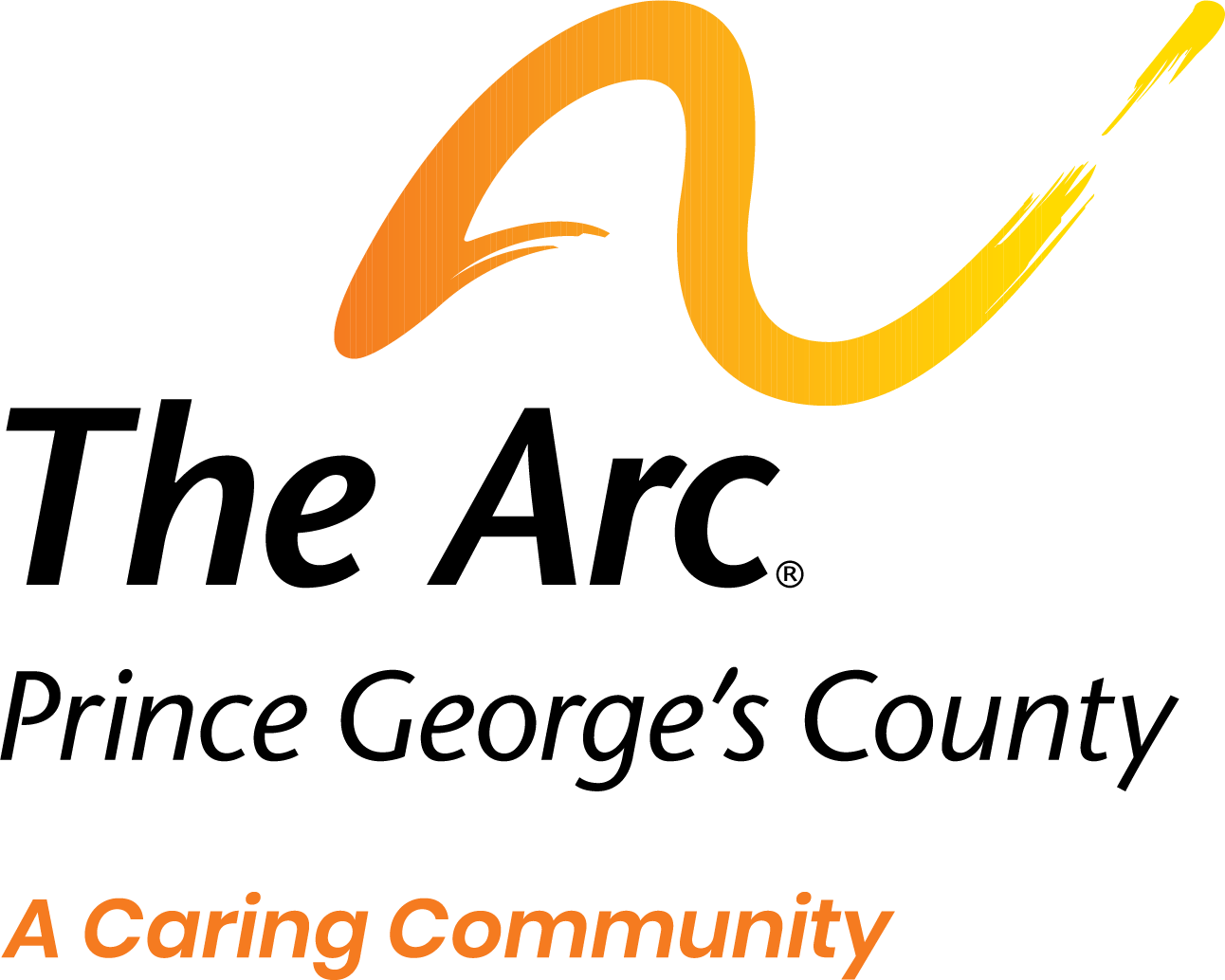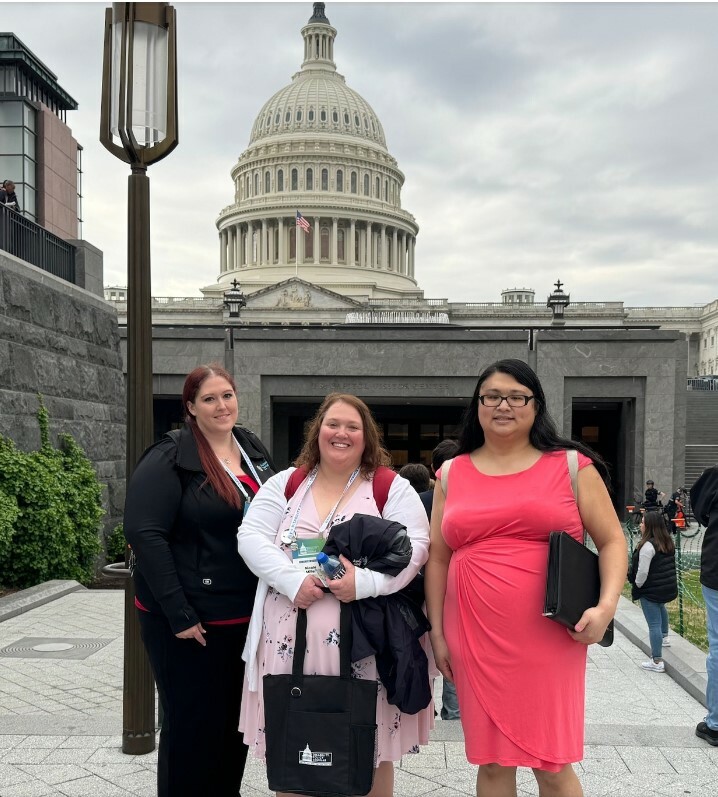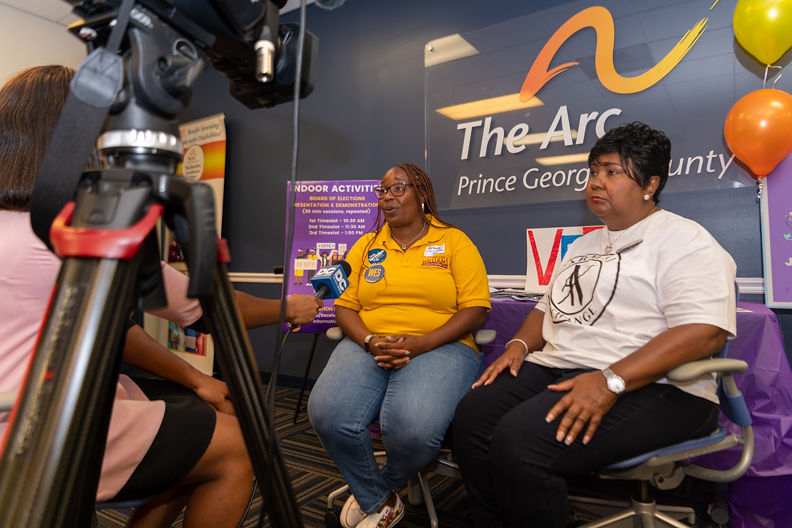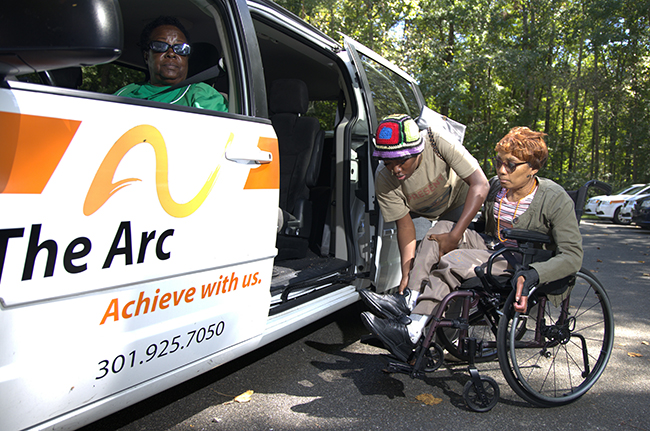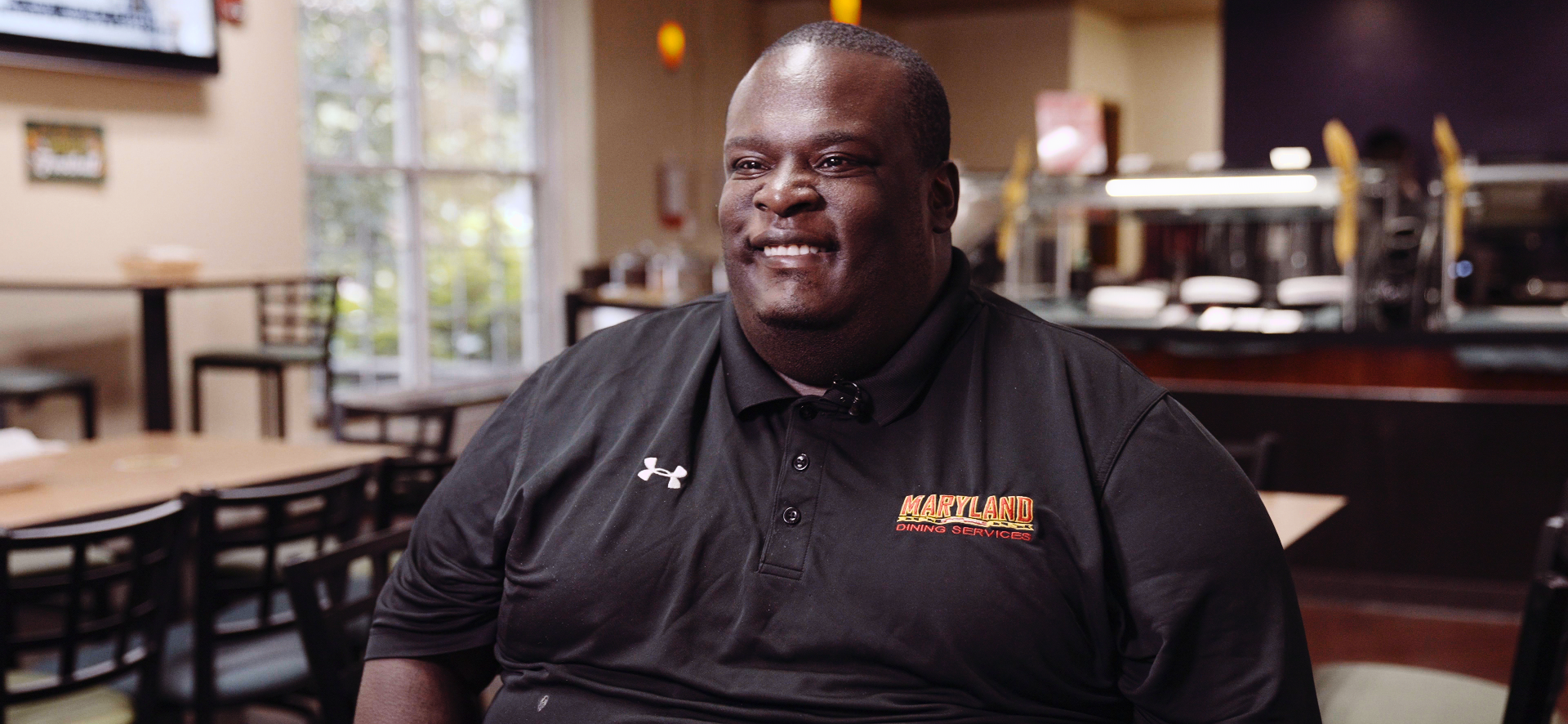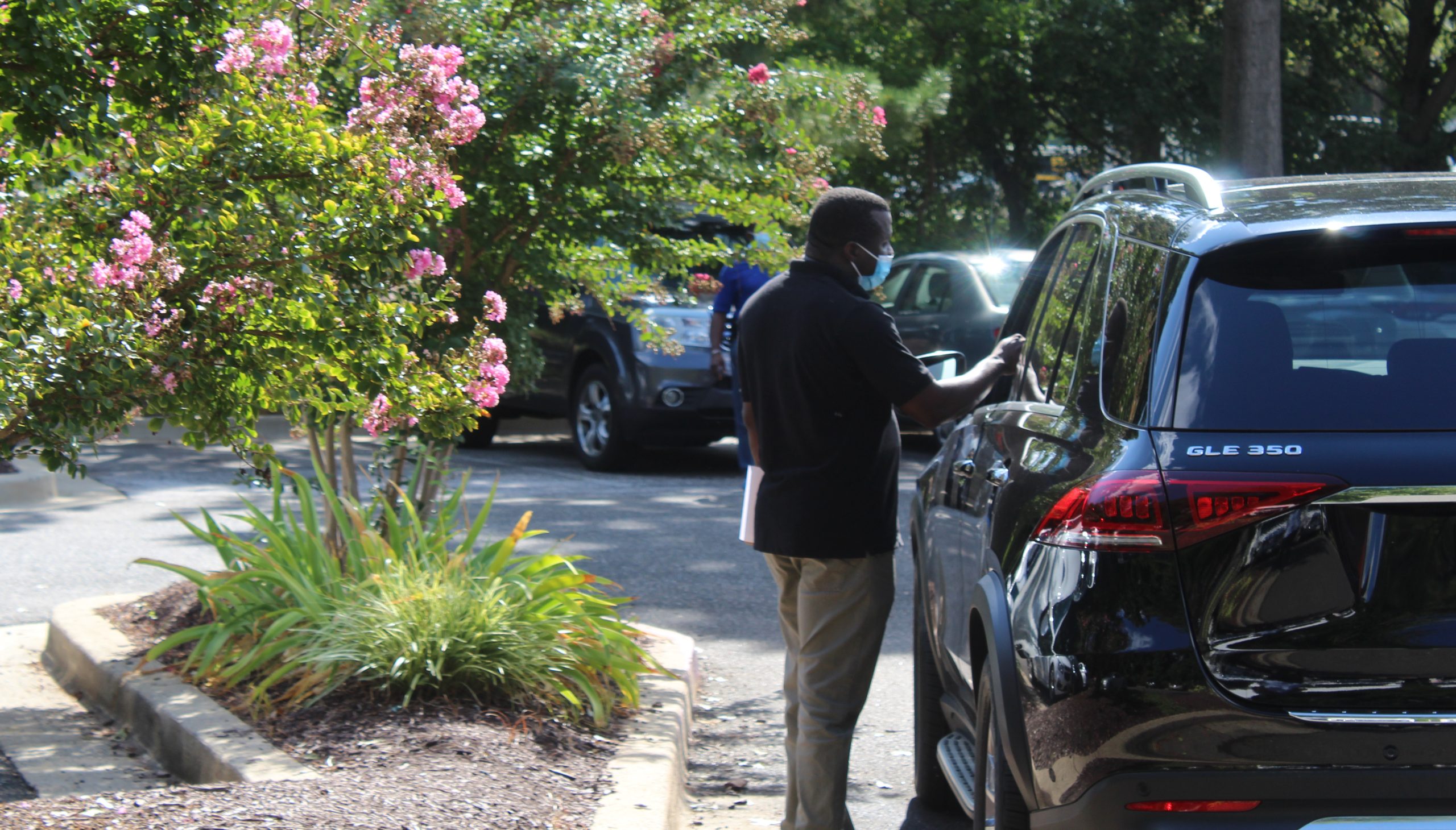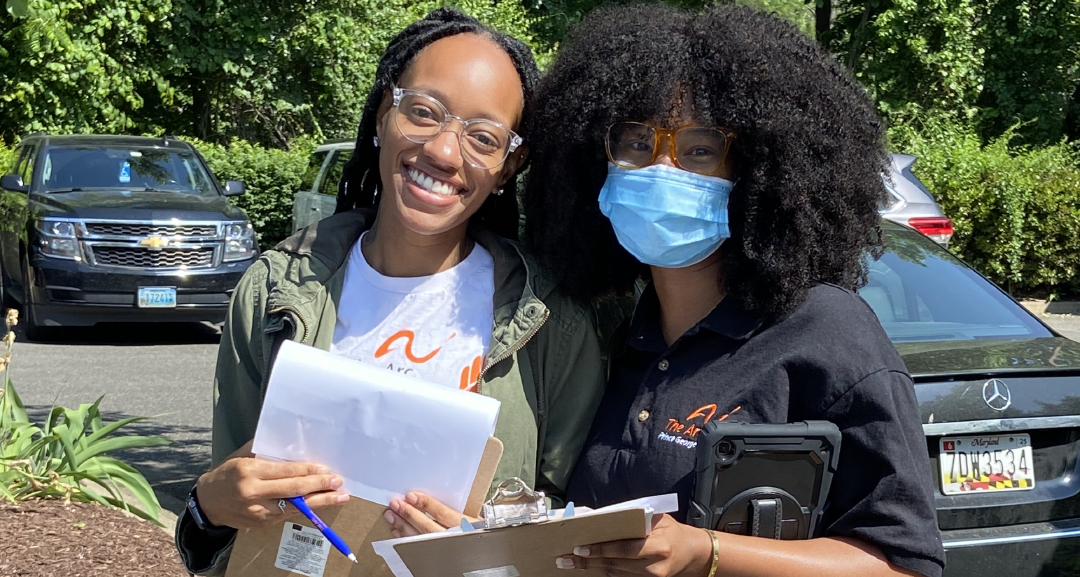Disability pride to me means knowing your strengths AND weaknesses. Use your strengths to compensate for or work around your weaknesses. Some people use identity-first language or person-first language, and it is important to respect the language that people choose to use.
As a member of The Arc of the United States National Council of Self Advocates, I can say within the IDD community, there has been debate about saying “disabled,” “person with disability,” or “all abilities;” some of my friends in the autistic community say “person with autism” or
“autistic person.” Well, “all abilities” is the mainstream; what about people with disabilities?
At Disability Policy Seminar this year, there was a focus group I attended with RespectAbility at the invitation of their leader, Ariel Simms; the organization is working to change its name, and this point was discussed in the focus group and part of the reason for working to change the organization’s name. Since RespectAbility supports people with disabilities it is important to recognize disabilities.
Disability is also intersectional. The mainstream narrative I have seen of autism is that of a white-assigned male at birth person, often presumed to be heterosexual and cisgender (i.e., people whose gender identity is congruent with their gender assigned at birth). But there are also neurodiverse/autistic/disabled people in the APPI, Latinx, Black, transgender, nonbinary, bisexual, lesbian, gay, and pansexual communities.
It’s crucial that we broaden our understanding and representation of disability to include these diverse voices and experiences. Let’s work together to ensure that all individuals, regardless of background, have the support and recognition they deserve. Join us in advocating for a more inclusive and equitable world where every person is seen, heard, and valued.
Your investment, no matter how big or small, will help support more than 5,000 people with disabilities and their families. https://bit.ly/3At0shV
